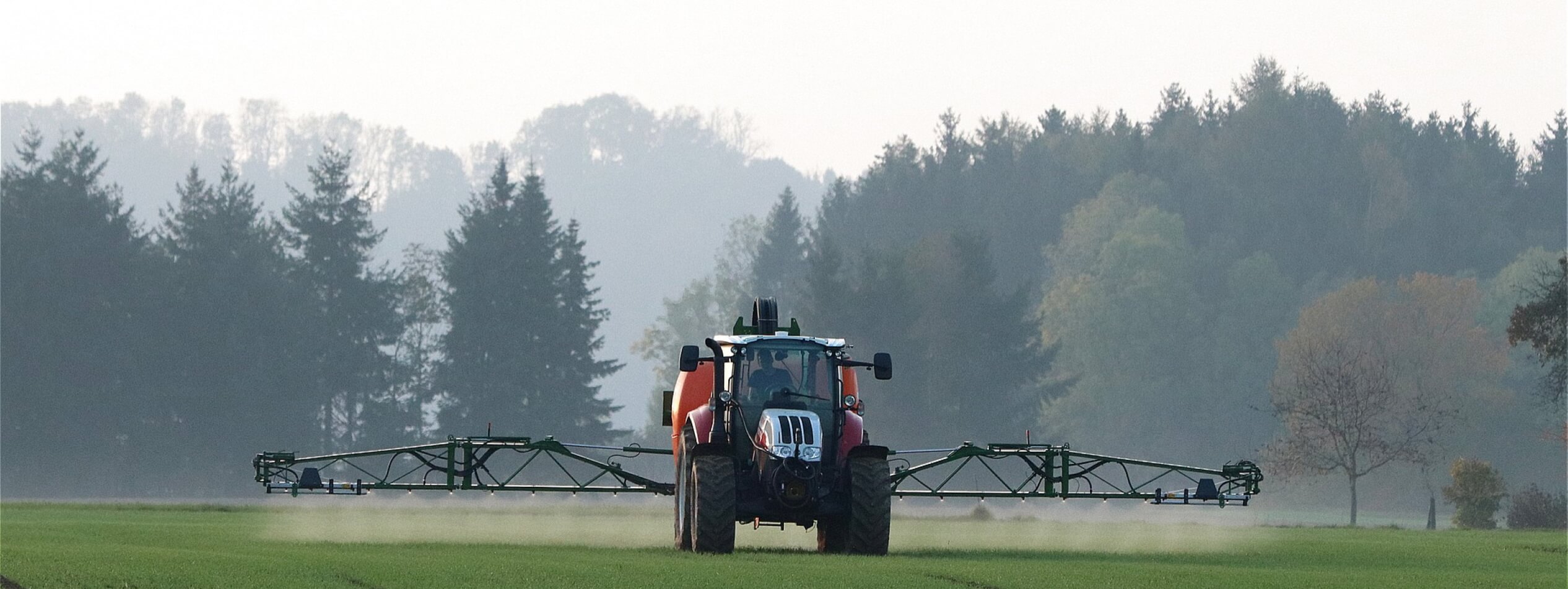I have been reading a book called Growing a Revolution. In one of the chapters, the author, David Montgomery, addresses some of the myths of modern agriculture. I am going to quote a section from one of the myths, ‘Industrialised agrochemical agriculture is more efficient’:
“Another way to think about the efficiency of modern agriculture is that we burn ten calories of fossil fuel to grow one edible calorie. Because of this, it’s been said that we are eating oil. But it would be more accurate to say that we are eating natural gas. For industrial fertiliser production not only depends on the ready availability of cheap energy, it also consumes a lot of natural gas as feedstock. It is axiomatic that for any organism to be viable over the long run, it must get more energy from eating than it expends acquiring food. That modern societies don’t hold this simple test of biotic viability should concern anyone with an interest in the future.”1
Looking to the future
I have an interest in the future, and I find this statement quite disturbing. We are borrowing non-renewable resources from past and future generations to support this one. That is the very opposite of sustainable agriculture.
There are many issues with conventional agriculture, and they are being pointed out more readily these days. But one that I think is overlooked is the inefficient use of energy. We think about the fuel used for tractors, and to generate electricity, but not necessarily what goes into creating the agrochemicals that are used extensively. These very agrochemicals that are supposed to create more efficient agriculture are one of the major inefficiencies of the system.
Bringing our soil back to life
The subtitle of David Montgomery’s book is ‘Bringing our soil back to life’. This is what is needed to overcome the inefficiency of excessive agrochemical use. Only by transforming our soils to the thriving ecosystems that nature creates, can we shift away from our reliance on external inputs to keep agriculture productive.
Food security is no longer a viable excuse for environmentally detrimental practices. There is mounting evidence from around the world (and lots from Trace & Save) which shows how sustainable, regenerative agriculture can meet this demand.
Reference
- Montgomery DR. 2017. Growing a revolution: Bringing our soil back to life. WW Norton, New York. p 36.
- A carbon footprint assessment for pasture-based dairy farming systems in South Africa - 2024-02-07
- What progress have farms participating with Trace & Save made over the past 10 years? - 2023-09-06
- Carbon footprint reduction over time: Lessons from pasture-based dairy farms in South Africa - 2023-09-04

